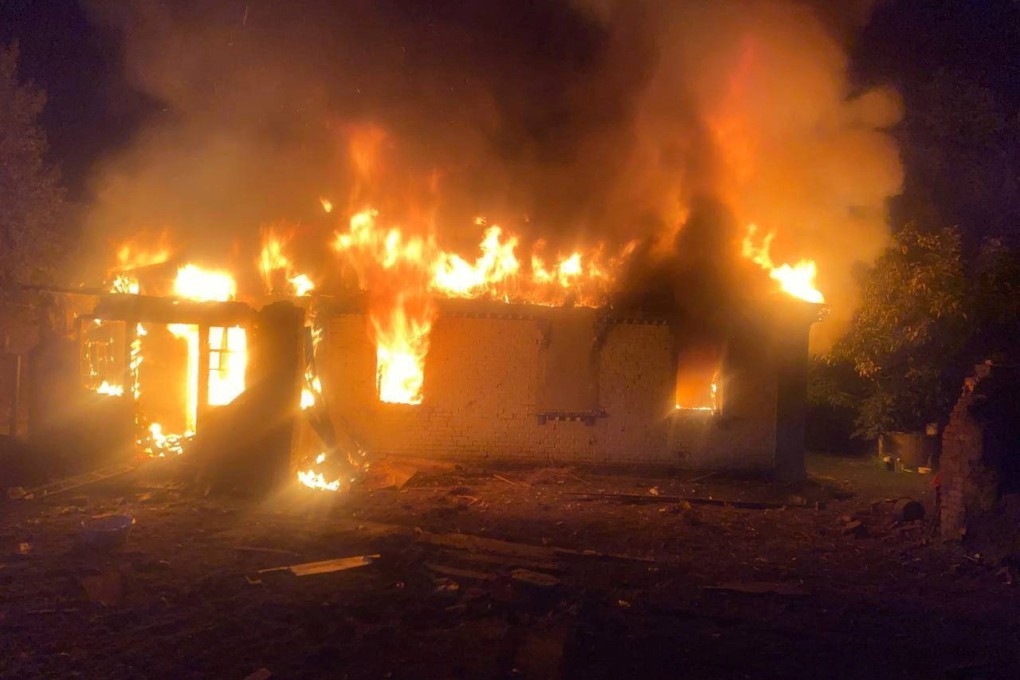Russia says it destroyed 281 Ukrainian drones in a week as shelling continues apace and troops step up pressure
- The ‘unmanned aerial vehicles were destroyed, including one Tu-141 Strizh, as well as 29 Ukrainian UAVs’, Moscow ministry said
- For its part Russia has struck Ukraine with waves of one-way drones that are cheaper than missiles and can be difficult to intercept

Russia’s defence ministry said it had destroyed a total of 281 Ukrainian drones over the past week, including 29 over the western regions of Russia, indicating the scale of the drone war now under way between Russia and Ukraine.
“281 Ukrainian unmanned aerial vehicles were destroyed, including one Tu-141 Strizh, as well as 29 Ukrainian UAVs in the western regions of the Russian Federation,” the ministry said on Friday.
Russia for its part has repeatedly struck Ukraine with waves of one-way drones with explosive payloads, which are far cheaper than missiles and can be difficult, and expensive, for air defence systems to intercept.
Ukrainian aerial drone strikes deep inside Russia have increased since two drones were destroyed over the Kremlin in early May. Drone strikes on the Russian capital have become increasingly common in recent months.
A Ukrainian drone on Friday attacked a town that is home to one of Russia’s biggest nuclear power stations, though no damage to the plant was reported, Russian officials said.
It is unclear whether the drone attacks will affect perceptions of the war among the population in Russia, where public statements of opposition are treated as civil or criminal offences.
Also, on Friday Russia said it captured several strategic heights near Kupiansk, an eastern Ukrainian city around which Moscow’s troops stepped up pressure in August.
